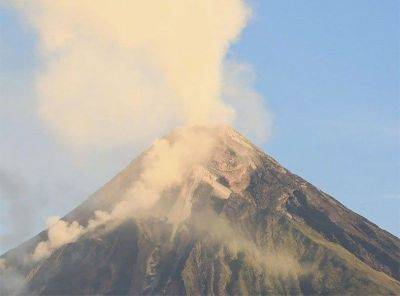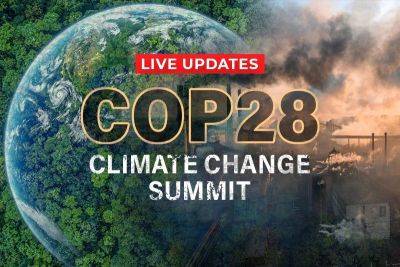60 percent of Pinoys live in low-lying, high-risk areas
MANILA, Philippines — About 60 percent of Filipinos reside in low-lying places and are highly at risk amid the threat of climate change, according to an official of the Climate Change Commission.
CCC Policy Research and Development Division chief Jerome Ilagan said that the Philippines is number one in the latest report of countries high in climate risk worldwide.
“At least 60 percent of the Philippine population resides in low-lying places and therefore highly at risk if the global warming is never addressed or insufficiently addressed,” Ilagan said in a speech during the recent launching of CLIMACTION Towards a Net Zero Philippines in Pasay City.
Ilagan added that among climate induced drivers where the country is always exposed – especially the vulnerable communities – are agriculture, waste, industry, transport, forestry and energy.
“There must be continuing inventory of our greenhouse gases. Emission sectors include agriculture, waste, industry, transport, forestry, and energy. We are less emitter in the world but we suffer more,” he noted.
CCC Secretary Robert Borje said that the country suffered at least P673.3 billion in damage in the last 10 years or from 2011 to 2021 brought by the typhoons, citing the importance to raise the global systemic challenge of climate change especially to developing nations like the Philippines during the 28th United Nations Framework Convention on Climate Change Conference of Parties in the United Arab Emirates in December where President Marcos is expected to attend.
“That (P673.3 billion damage from typhoons) is for a 10-year period so that is really big. What is important is we realized that it’s not going to be just a function of our public investment. We need to involve the international community because again climate change is a global systemic challenge and we only contribute as much as to greenhouse gas emission and those most responsible should do more,” Borje said.







